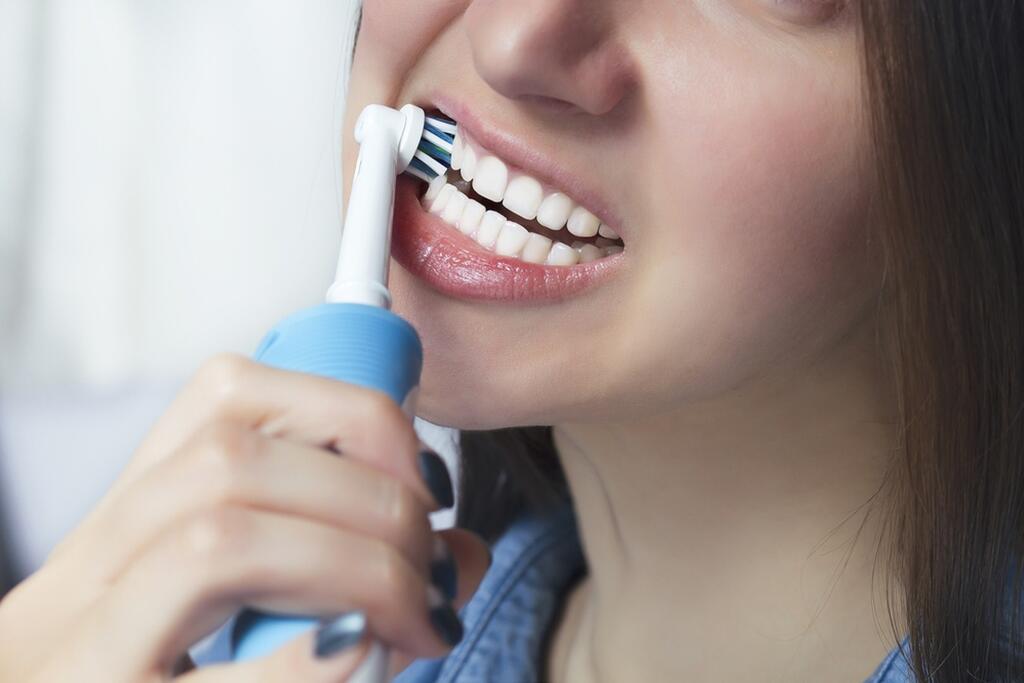Getting your Trinity Audio player ready...
Surging popularity of electric toothbrushes in recent years has created a booming economic sector, expanding at an annual rate of 8.2% and expected to reach a value of $7.8 billion by 2030. This indicates that electric toothbrushes are a beloved, highly sold product, and an extraordinary business success worldwide. This is precisely where we should pause and question whether electric toothbrushes truly provide the promised health benefits and hygienic qualities, or if they are merely a clever and successful marketing strategy designed to enrich manufacturers at the expense of consumer naivety.
A new generation of electric tooth brushes
Manufacturers undoubtedly invest significant resources in developing and marketing these products. However, precisely because of this, there might be concerns about the extent of their influence on the prevailing narrative regarding the transition to electric toothbrushes. There is actually no decisive scientific evidence to suggest that these significantly more expensive brushes are superior to the simple, old, and inexpensive manual toothbrushes.
Speed, habit and contamination
One of the main concerns regarding electric toothbrushes is the potential for damage to teeth and gums due to their speed and power. The aggressive brushing motion can lead to enamel erosion and gum recession, especially if used improperly. The intense pressure electric brushes can exert might also damage the soft and delicate tissues in the mouth.
Moreover, transitioning to and relying on this technology could cause users to lose the manual skill and technique required for effective manual brushing. The dependency people develop on electric brushes may lead to neglecting proper brushing techniques and an inability to clean all areas of the mouth thoroughly.
There are also hygienic challenges: the electronic components and crevices in the brush structure can harbor bacteria and mold if not cleaned meticulously. Failing to replace brush heads regularly can exacerbate the problem, promoting the accumulation of harmful microorganisms.
Cost and the advantages of simplicity
The issue of cost cannot be ignored: electric toothbrushes are significantly more expensive compared to manual ones. The initial cost of such a product can reach hundreds of shekels, and the ongoing cost can exceed $50 a year if heads are replaced every three months. In contrast, a manual toothbrush usually costs less than $3, and replacement costs are only about $10-$13 a year.
When used correctly, a good-quality manual toothbrush is just as effective as an electric one. Manual brushing allows for greater control over pressure and technique, enabling users to adjust brushing to their personal needs and reach areas in the mouth that might be harder to access with a larger electric brush head.
Moreover, proper manual brushing reinforces and develops good oral hygiene habits since it requires users to actively focus on technique. In the long run, this can lead to improvements in dental health.
Do dentists recommend them?
The complex relationship between the marketing efforts of electric toothbrush manufacturers and the medical recommendations of dental professionals warrants examination. Some studies comparing electric and manual toothbrushes were funded by those very manufacturers, who stand to profit from promoting electric models, raising concerns about potential bias in findings.
The growing market for electric toothbrushes, especially among children, reflects significant investment in product development and marketing, creating a new business segment for these companies. This raises the question of how much the economic and business influence of manufacturers might shape the narrative of electric toothbrush superiority—despite the lack of decisive scientific evidence.
Ultimately, and perhaps this is the central message, good oral health is not necessarily linked to technology but to technique. Electric toothbrushes may offer some convenience and technological features, but a manual brush, when used properly, can be equally, if not more, effective in maintaining good oral hygiene.
- Dr. Haled Jaffaly is a dentist and oral hygiene entrepreneur
Get the Ynetnews app on your smartphone:





